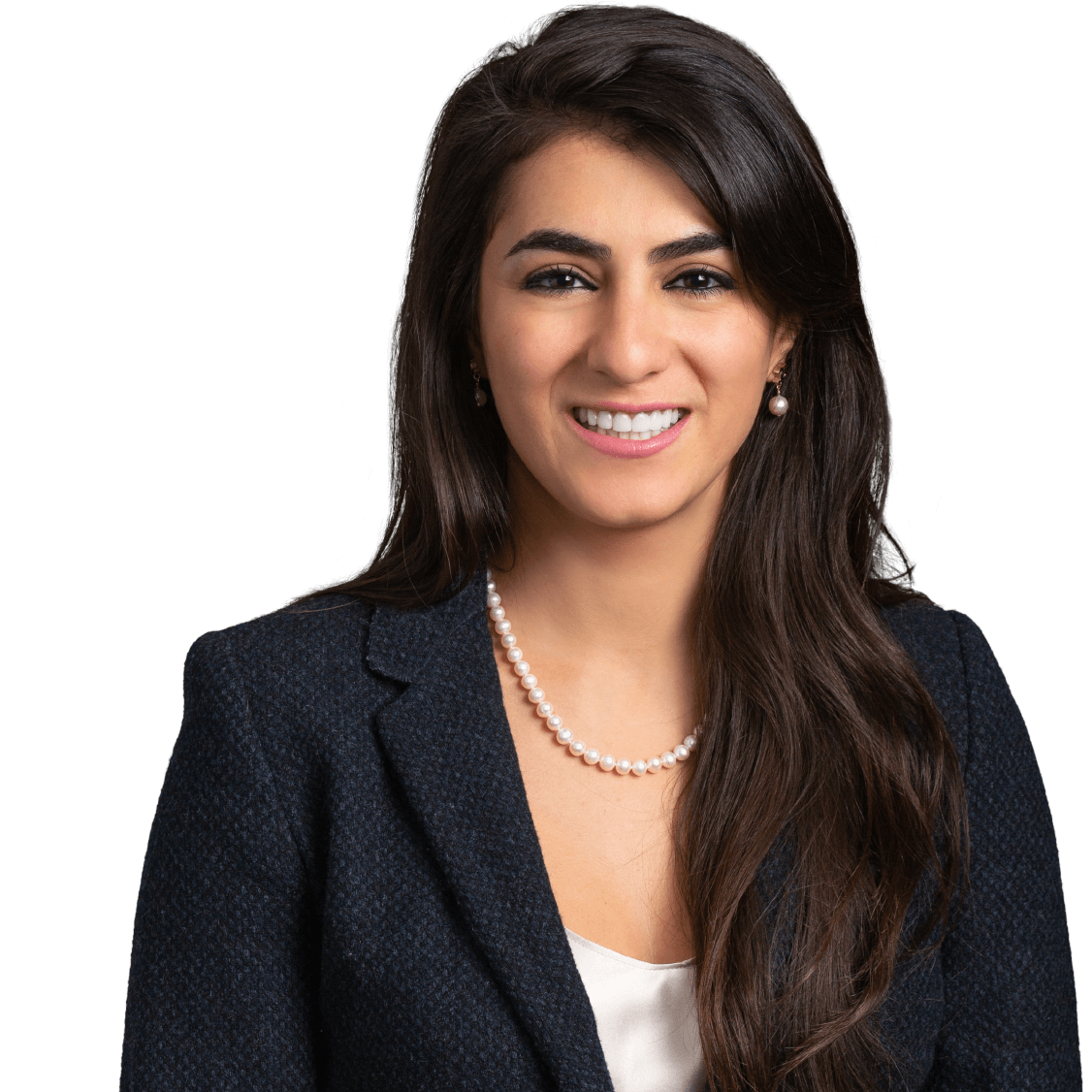She also has experience with laws and regulations affecting telehealth and telemedicine companies in all 50 states; HIPAA and other federal and state privacy and security laws; peer review process, mandatory reporting and legal privileges; the Joint Commission standards for hospitals; the Texas Optometry Code: prohibited practices, authority to form jointly owned entities, relationship with dispensing opticians, etc.; the Texas Medical Code: physician-patient relationship, termination of relationship, informed consent, standard of care, prohibited conduct, advertisement, issuance of a valid prescription, the Controlled Substance Act, etc.; and COVID-19-related matters, providing clients with current information on changes at the federal and state level that impact health care facilities.
Sounia also has particular experience with Medicare and Medicaid, including rules and regulations regarding Medicare and Texas Medicaid provider enrollment; Advance Beneficiary Notice (ABN); Medicare Advantage Plans and Texas Medicaid Managed Care Organizations; and Medicare Voluntary Refund of Overpayments.
In addition, Sounia assists clients through strategic affiliations transactions and drafting and negotiating various agreements. She provides legal counsel regarding some of the most cutting-edge issues, including the Compassionate Use Program; the Federal No Surprises Act; sale, purchase and use of de-identified health information; Remote Therapeutic Monitoring (RTM) and Remote Physiologic Monitoring (RPM) CPT Codes; and The Coronavirus Aid, Relief, and Economic Security Act (CARES Act) 42 C.F.R. Part 2 (Part 2).
She counsels clients on the legal issues generated by their business dealings. She assists for-profit and nonprofit health care entities with creating legal entities; drafting and negotiating contracts for hospitals; advising on general governance; and other commercial and compliance matters.
Prior to going to law school, Sounia spent a few years working in the health care industry, obtaining invaluable insight into the complicated ways in which the industry operates, which she has translated into the practice of law. Because of her prior career experience in this field, when Sounia is counseling clients, she brings both technical acumen and a focus on the big picture, which allow her to provide practical counsel tailored to the needs of individual businesses.
Prior to joining Katten, Sounia worked as an associate attorney at a Dallas-based litigation law firm, where she developed strong analytical, problem-solving skills. In that position, she represented various businesses and health care providers, including physicians and physician practices, laboratories, health care management companies, as well as individual officers and employees of such companies, in trials before federal and state courts involving a variety of matters, including representation in FCA cases, business and commercial litigation cases, health care fraud cases, and other complex litigation matters. With this combination of deep health care industry knowledge, broad experience in many areas of business and health care laws, and skills as a litigation attorney — a rare combination — Sounia is well-positioned to help clients solve problems and, more importantly, avoid them.


